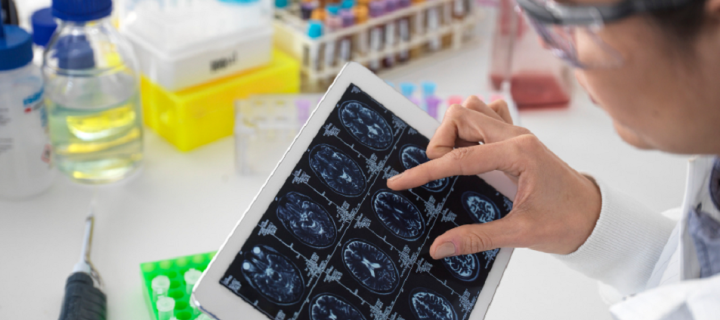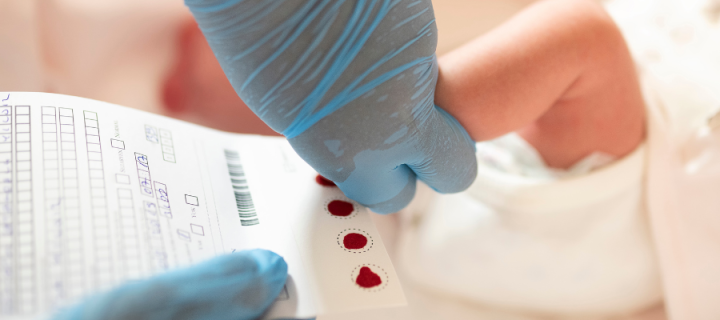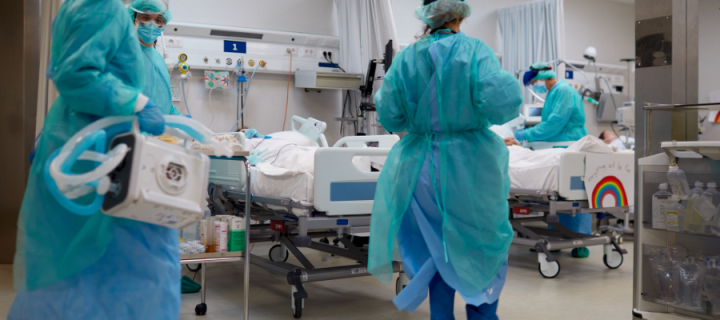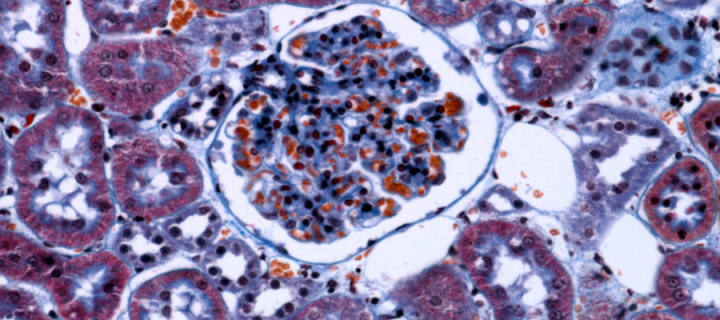Latest Results
The latest news about Generation Scotland results, research and studies.
GS volunteers help to develop and use cutting-edge tools to find and treat major depression

Depression is a complicated disorder, so Generation Scotland (along with other international researchers) are bringing together large samples, brain images (MRI) and new machine learning models (AI) to identify brain markers of people with depression and develop individual treatments.
This important project is only in its first stages. This ‘dimensional’ and collaborative approach will be vital to understanding and treating depression as well as other diseases.
International siblings study sheds new light on the nature of the genetics of disease

Data from over 4,000 sibling groups, totalling 11,000 of our volunteers, were studied in this international research involving 18 other research studies.
Anxiety and depression due to the pandemic could remain for years

Levels of anxiety and depression remained high between lockdowns and worsened in the second lockdown, found researchers
Unlocking the potential of newborn blood spots

Newborn blood spots from a small sample of 98 Generation Scotland volunteers were tested to see if they could be used for health research on a national scale. Here's what we found.
Study suggests link between severe Covid-19 and long-term mental health outcomes 16 months after illness

The findings were made after data from more than 18,000 of our CovidLife volunteers were analysed alongside volunteer data from 6 other studies.
New gene linked to kidney function identified

Generation Scotland volunteer data used in large scale study that identifies a new gene location affecting kidney function.
New test could help identify type 2 diabetes risk

Analysing changes to DNA in the blood can improve the ability to predict a person’s risk of developing type 2 diabetes within a decade.
New scoring system could pave the way to predicting future health outcomes

By analysing the blood of over 9000 of our volunteers, researchers may have found a new way to predict when some health conditions might develop.

